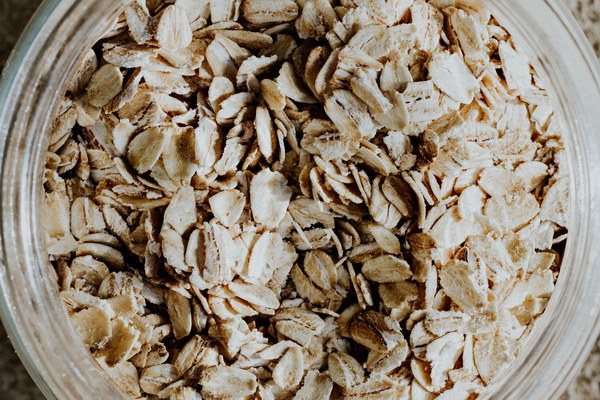Maximizing Male Fitness The Essential Role of Calcium in Sports Nutrition
Introduction:
When it comes to achieving peak performance in sports and fitness, the importance of proper nutrition cannot be overstated. Among the numerous nutrients required by the body, calcium stands out as a crucial component for male athletes. This article delves into the significance of calcium in sports nutrition, its benefits for male fitness, and how to ensure an adequate intake for optimal performance.
I. The Role of Calcium in the Body
Calcium is a vital mineral that plays a fundamental role in various bodily functions. Primarily known for its importance in bone health, calcium also contributes to muscle function, nerve transmission, and blood clotting. For male athletes, maintaining adequate calcium levels is essential for the following reasons:
1. Bone Health: Regular physical activity, especially weight-bearing exercises, puts stress on the bones, which can lead to increased bone density and strength. Calcium helps in this process, ensuring that bones remain healthy and less susceptible to fractures.
2. Muscle Function: Calcium is vital for muscle contraction, allowing for optimal muscle performance and recovery. Adequate calcium levels can enhance muscle strength and prevent muscle cramps during exercise.
3. Nerve Transmission: Calcium is involved in the transmission of nerve impulses. Sufficient calcium intake can improve coordination, reaction time, and overall athletic performance.
II. Calcium Benefits for Male Fitness

The benefits of calcium for male fitness are numerous, including:
1. Enhanced Performance: Adequate calcium levels can lead to improved muscle function, allowing for better performance and endurance during sports activities.
2. Faster Recovery: Calcium aids in muscle recovery by facilitating the repair of damaged muscle tissue. This means that male athletes can return to training more quickly, reducing the risk of injury and overtraining.
3. Reduced Risk of Soreness: Calcium can help alleviate muscle soreness and stiffness, making it an essential nutrient for maintaining an active lifestyle.
III. Calcium Intake for Male Athletes
To ensure optimal calcium intake for male athletes, the following guidelines can be followed:
1. Dietary Sources: Incorporate calcium-rich foods into your diet, such as dairy products (milk, cheese, yogurt), leafy greens (spinach, kale), almonds, and sardines. Aim for at least three servings of dairy products per day or equivalent calcium-rich foods.
2. Calcium Supplements: If dietary intake is insufficient, consider calcium supplements. Consult with a healthcare professional before starting any supplement regimen to determine the appropriate dosage and type.
3. Vitamin D: Vitamin D is essential for calcium absorption. Ensure you are getting enough vitamin D through sunlight exposure, dietary sources (fatty fish, egg yolks), or supplements.
Conclusion:
Calcium is a vital nutrient for male athletes, contributing to bone health, muscle function, and overall fitness. By incorporating calcium-rich foods into your diet and considering supplements if necessary, you can maximize your athletic performance and achieve your fitness goals. Remember to consult with a healthcare professional before making any significant changes to your diet or supplement regimen.









